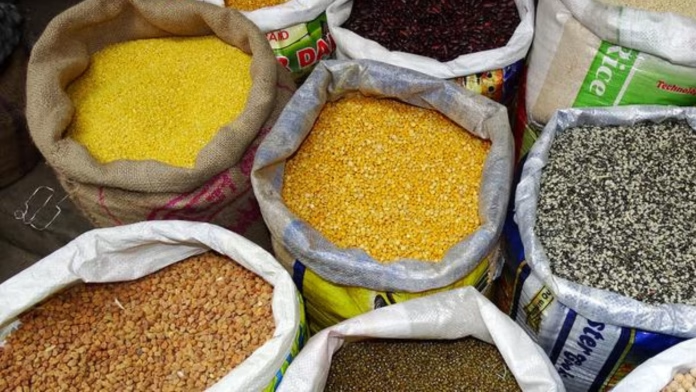Following the government’s implementation of a stock limit on traders and processors on June 2, there has been a slight decline in the prices of tur dal. Nonetheless, the dal processing industry anticipates a sustained firmness in tur prices for the next three to four months due to a shortage in the supply.
The dal mills process raw whole tur beans to produce split tur or tur dal. Since January, the prices of ex-mill tur dal have risen by approximately 30%. Last week, the prices of unprocessed whole tur surpassed INR 100/kg, which is the government’s comfort level. This significant increase in prices is believed to be the motive behind the implementation of the stock limit.
On June 2, the government took action by imposing a stock limit on tur and urad for retailers, wholesalers, importers, and processors. This measure will remain in place until October 2023.
Read More: Indian government imposes stock limits on tur and urad dals to curb hoarding and price surge
Stockists, traders, importers, and processors stated that they had anticipated the decision.
“The stock limit may not lead to much decline in tur prices as there is a shortage,” said Suresh Agarwal, President, All India Dal Millers’ Association. “When the production is less, nothing can help much to alleviate the prices.”
Trade sources said that at the current levels, many stockists have started booking profits in tur dal, which has improved the arrivals in the markets. “They are booking profit in tur and investing in chana and other commodities,” said a trader, who did not want to be identified.
Rupesh Rathi, a dal miller from Maharashtra, said, “Whole tur prices will remain above INR 100/kg as there is a shortage. Imports are also not enough.”





